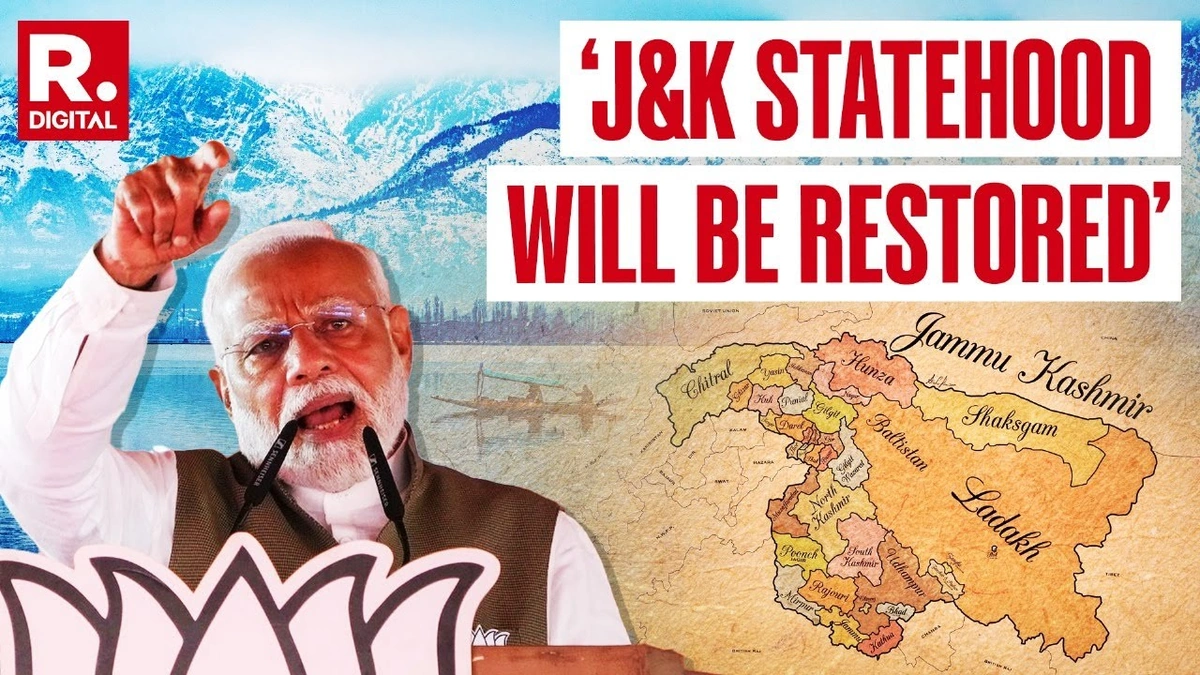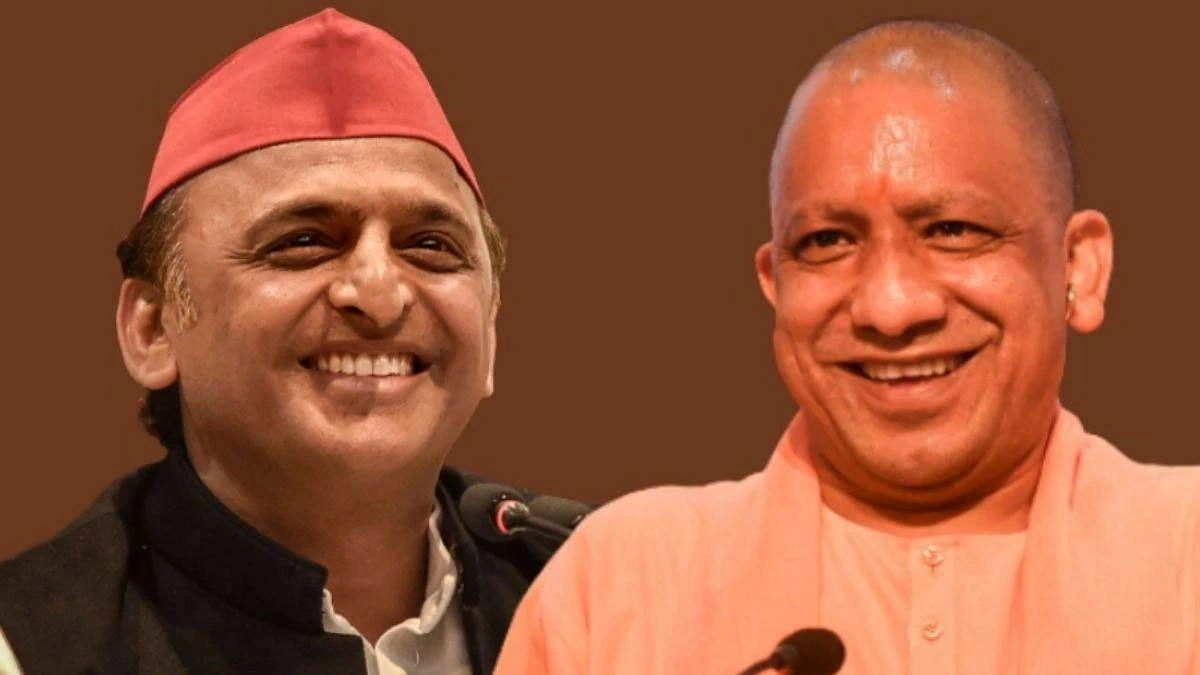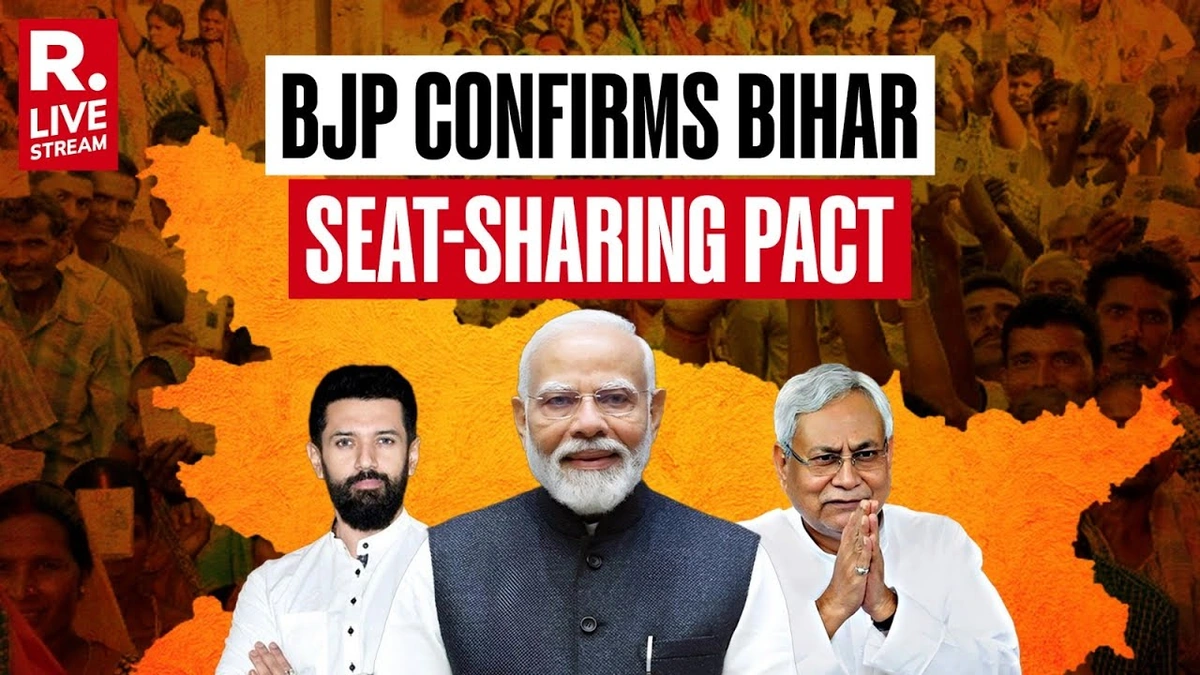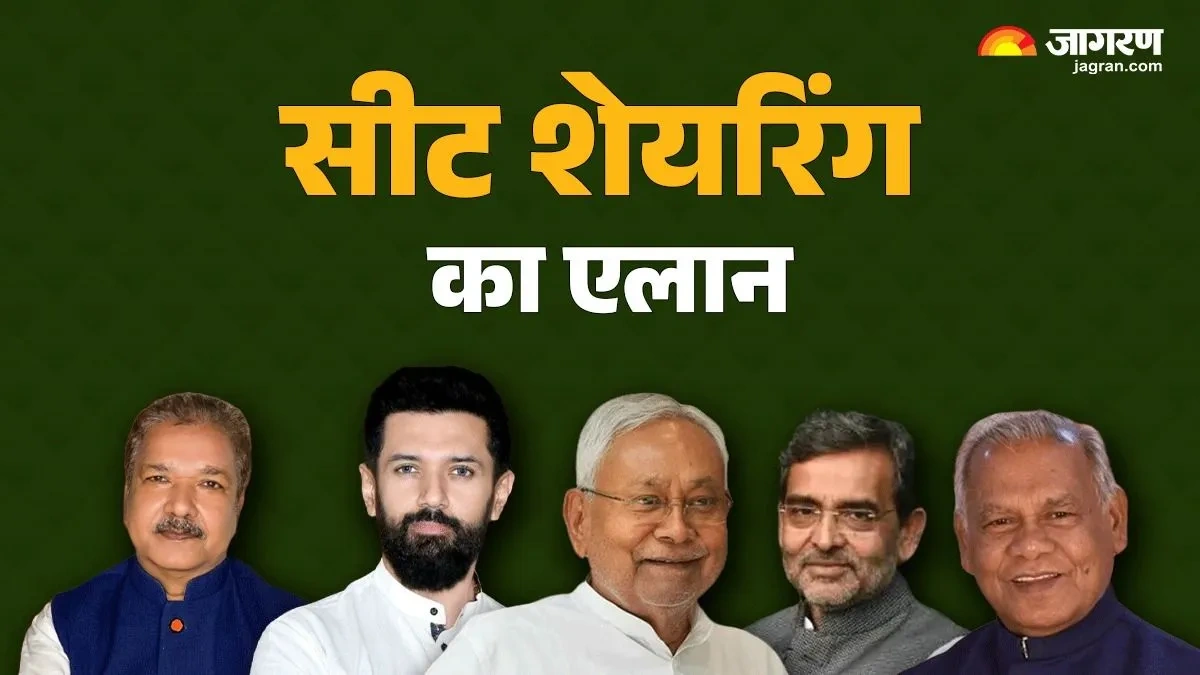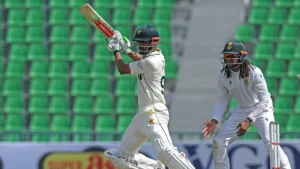SC Extends Time for Centre’s Response on J&K Statehood Pleas
The Supreme Court has granted the Centre more time to respond to petitions challenging the abrogation of Article 370 and seeking the restoration of statehood to Jammu and Kashmir. But here’s the thing: this isn’t just a legal procedural update. This extension, while seemingly minor, has major implications for the people of J&K, and frankly, for the entire nation.
The Statehood Saga | Why This Matters
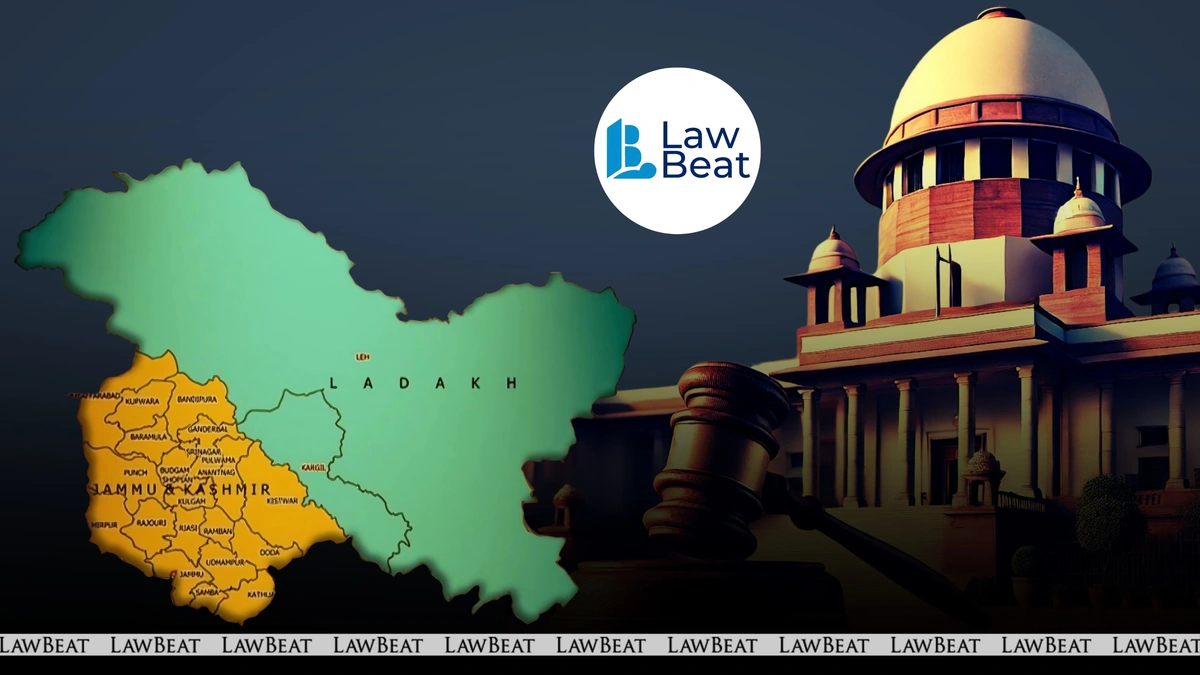
Let’s be honest, the issue of Jammu and Kashmir statehood is deeply intertwined with questions of identity, security, and self-governance. It’s not just about lines on a map; it’s about the lived experiences of millions. The abrogation of Article 370 in August 2019 and the subsequent division of the state into two Union Territories – Jammu and Kashmir, and Ladakh – were seismic events. The petitions before the Supreme Court challenge the very legality and constitutionality of these actions. This extension gives the Centre more time to articulate its position and justify its decisions.
But, what fascinates me is the underlying tension. On one hand, the government claims normalcy and development in the region. On the other hand, the continued delay in restoring statehood fuels skepticism and resentment. It’s a delicate balancing act, and the Supreme Court’s role is to ensure that constitutional principles are upheld while considering the ground realities.
Unpacking the Delay | What’s the Hold-Up?
So, why the extension? The Centre, understandably, needs time to present a comprehensive response to the complex legal and political questions raised in the petitions. Issues of national security, cross-border terrorism, and the overall socio-political landscape of the region are all crucial factors. According to Wikipedia , Article 370 had a complex history, and untangling its implications requires careful consideration.
But – and this is a big but – the delay also raises questions. Is the government struggling to justify its actions in a way that satisfies the court’s scrutiny? Are there internal disagreements within the government about the best way forward? These are the kinds of questions that inevitably arise when deadlines are extended, and transparency is limited.
Impact on the Ground | The Human Cost of Uncertainty
The ongoing legal battle and the uncertainty surrounding the restoration of statehood have a direct impact on the people of J&K. Political participation, economic development, and social cohesion are all affected. How? Think about it: without an elected state government, local voices are often marginalized. Development projects can be delayed, and accountability suffers. Moreover, the sense of alienation and disempowerment can fuel unrest and instability. It’s crucial to remember that this isn’t just about abstract legal principles; it’s about the lives and futures of real people. The petitions before the Supreme Court also address the concerns of the Kashmiri Pandit community and their return to the valley.
I initially thought this was straightforward, but then I realized that the restoration of statehood is not simply a matter of flipping a switch. It requires careful planning, consultation with local stakeholders, and a commitment to inclusive governance. The Centre needs to demonstrate that it is genuinely committed to restoring democracy and empowering the people of J&K. A common mistake I see people make is assuming that statehood alone will solve all the problems. It’s a necessary step, but it’s only one piece of the puzzle. Other pieces include the rehabilitation of displaced persons and addressing human rights concerns.
The Road Ahead | Navigating a Complex Future
The Supreme Court’s decision to extend the time for the Centre’s response means that the legal and political drama surrounding J&K will continue to unfold. The court will eventually have to rule on the validity of the abrogation of Article 370 and the reorganization of the state. Whatever the outcome, it will have profound implications for the future of the region. The challenges in Jammu and Kashmir are vast. The Centre must use this time to engage in a genuine dialogue with the people of J&K, build trust, and chart a course towards a peaceful and prosperous future. This includes restoring the political autonomy of Jammu and Kashmir . We have a link here to Bihar Assembly Elections that has similar importance as this one.
Let me rephrase that for clarity: The extension isn’t just about paperwork; it’s about the fundamental rights and aspirations of the people of Jammu and Kashmir. The court’s eventual decision will shape the destiny of the region for generations to come, and the Centre’s response will reveal its true intentions.
And, we have to keep in mind the external pressures too. The Council on Foreign Relations has noted the impact on regional stability, and the need for a balanced approach.
The restoration of Article 370 abrogation challenges is very important for citizens.
Looking Ahead | What Can We Expect?
It’s tricky to predict what will happen. I anticipate continued legal arguments, political maneuvering, and public debate. The Supreme Court will likely weigh the competing claims of the government and the petitioners, and it will ultimately have to decide whether the actions taken in August 2019 were constitutional and justified. I believe that the court will also consider the broader implications of its decision for the future of federalism and the rule of law in India. Also, election prospects in Jammu and Kashmir will significantly improve if the region turns into a state again.
But – here is the key: Regardless of the legal outcome, the long-term solution to the challenges in J&K requires a genuine commitment to dialogue, reconciliation, and inclusive governance. The voices of the people of J&K must be heard, and their concerns must be addressed. It’s essential for building a lasting peace and fostering a sense of belonging. The court may push Centre to restore statehood roadmap for Jammu and Kashmir .
Here is another important link: Bihar Assembly Election .
FAQ Section
What exactly is Article 370?
Article 370 was a provision in the Indian Constitution that granted special autonomous status to the state of Jammu and Kashmir. It essentially allowed the state to have its own constitution, flag, and internal administration, except in matters of defense, foreign affairs, and communications.
Why was Article 370 abrogated?
The government argued that Article 370 hindered the integration of J&K with the rest of India, fostered separatism, and prevented development in the region.
What is the Centre’s justification for delaying the restoration of statehood?
The Centre claims that it needs more time to ensure that the security situation is stable and that democratic institutions are properly established before restoring statehood. They also cite the need to address developmental challenges and economic disparities in the region.
What if I want to follow this case more closely?
Follow reputable news sources and legal news websites for updates on the Supreme Court proceedings. The Bar and Bench website also provides coverage.
When the statehood will be restored?
Well, there is no definite timeline for when the statehood will be restored, but the government has indicated that it is committed to doing so once the situation on the ground is conducive.
Is Ladakh also a state now?
No, Ladakh remains a separate Union Territory without a legislature.
Ultimately, the restoration of statehood to Jammu and Kashmir is not just a political or legal issue; it’s a moral one. It’s about recognizing the dignity and agency of the people of J&K and empowering them to shape their own future. The Supreme Court’s decision will be a defining moment in the history of India, and it will determine whether the promise of justice and equality for all is truly upheld.
